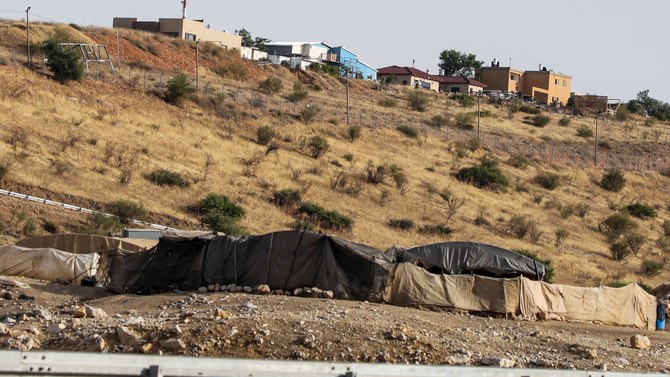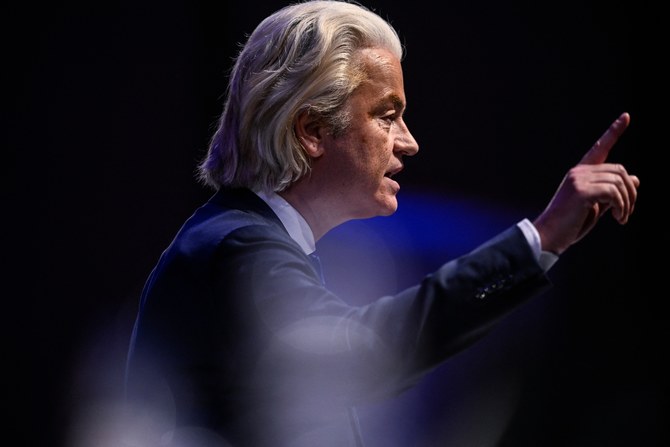
On Sept. 9, 1979, during a conference in Istanbul, Bernard Lewis quoted Field Marshal Sir William Slim as saying: “Turkey is the only European country in the Middle East (and) the only Middle Eastern country in Europe.” Turkey has participated in Western integration for decades. It became a member of NATO in 1952, an early member of the Council of Europe in 1949, and a founding member of the Organization for Economic Cooperation and Development in 1961. In 1963, it signed the Ankara Agreement, which created a framework for cooperation with the European Economic Community, the predecessor to the European Union.
In 1987, Turkey took one of the most important and promising steps toward further integration when Ankara applied for EU membership. Accession talks officially began in 2005, but the application has been repeatedly delayed. Thus, the decades-long process between Turkey and the EU turned into a “never promised membership.”
Turkish scholar Soner Cagaptay said that “EU membership talks soon became an international ‘kabuki dance,’” using a phrase that originated during prolonged post-war treaty negotiations between the US and Japan, and has come to be synonymous with political posturing.
This week, a new initiative called the EU-Turkey Friendship Group was launched with the aim of fostering cooperation between Turkish politicians and members of the European Parliament. It is intended to operate as an informal alliance between parliamentarians from Turkey and the EU to improve relationships and pursue common political goals. It also plans to organize cultural, intellectual and political events and debates on subjects such as migration, the environment and trade.
Turkish Deputy Foreign Minister Faruk Kaymakci welcomed the initiative, saying: “Turkey’s relations with the EU are based on an accession perspective.”
Ismail Emrah Karayel, co-chairman of the Turkey-EU Joint Parliamentary Committee, said the increased cooperation would help to “recreate trust between partners” and “build a common future with better dialogue and awareness.”
Polish MEP Ryszard Czarnecki, who played a crucial role in forming the group, said that the EU acknowledges Turkey’s position as a bridge between East and West. He promised to work on promoting common values and engage in cultural activities and soft diplomacy.
Traian Basescu, an MEP and the former president of Romania, said Turkey is one of Europe’s most important neighbors and that members of the group will work closely together on important political developments in EU-Turkey relations.
This is, indeed, a positive development — but in recalling the history of Turkish-EU relations, one wonders whether it will ultimately become just the latest failed attempt to progress Turkey’s application process.
The path toward EU membership has not been easy, due to the approaches adopted by both Turkey and the EU — but mainly the latter.
In the early 2000s, the idea of EU membership enjoyed widespread public support among the people of Turkey. In a 2002 survey by a Turkish polling firm, 64 percent of respondents wanted to join the EU and only 28 percent did not.
However, two decades of disappointment resulting from the reluctance of EU member states to back Turkey’s membership, and the hurdles they have placed in Ankara’s way, has left a bitter taste in the mouths of Turks and undoubtedly undermined enthusiasm. According to a 2017 poll, public support for membership fell from 61.8 percent in 2016 to 48.4 percent in 2017, a decline of nearly 13 percent in a year.
It would not be wrong to say that the EU has handed the frustrated Turkish government exactly what it needs to convince the Turkish people that the country should turn away from Europe and instead look toward the Middle East. Although Karayel said that EU membership continues to be a strategic priority for Turkey, he added: “Without removing the prejudices and misunderstandings (between the two sides), it is clear that a joint future cannot be established.”
Although significant bonds continue to link Turkey and the EU, Ankara continues to drift further from the EU in political terms.
Sinem Cengiz
Let me clarify what Karayel means by “prejudices and misunderstandings.” The EU has failed to offer Turkey a fair and realistic accession process. Turkey has been forced to use its leverage (migration, a pivot to the East) in response to Europe’s dubious approach.
The mishandling of Turkey within the EU — including the often conflicting positions of Brussels and some member states toward the accession process, the frequent changes of heart by member states toward Ankara, and the Cyprus issue — left Ankara with no option but to look to the East.
Although significant bonds continue to link Turkey and the EU, including the Customs Union and the migration issue, Ankara continues to drift further from the EU in political terms. Therefore the new friendship group is a positive sign of goodwill from both sides, especially at a time when tensions between EU member Greece and Turkey have once again escalated.
Sinem Cengiz is a Turkish political analyst who specializes in Turkey’s relations with the Middle East. Twitter: @SinemCngz
Disclaimer: Views expressed by writers in this section are their own and do not necessarily reflect Arab News" point-of-view












